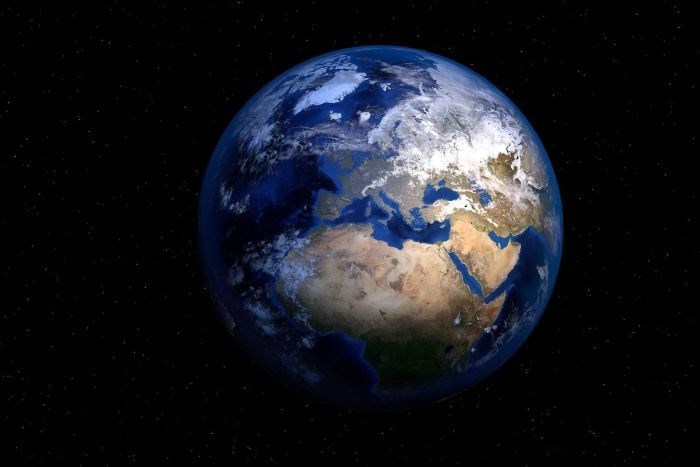Tomorrow, July 29, is Earth Overshoot Day, according to the Global Footprint Network; the day each year on which “humanity’s demand for ecological resources and services in a given year exceeds what Earth can regenerate in that year.” In other words, it is the day on which our overall Ecological Footprint (EF) exceeds the carrying capacity of the Earth.
The network measures the EF by converting our demand for food, fibre products, timber, land for urban infrastructure and forest to absorb our carbon emissions from fossil fuels, into a single unit: The land and sea area needed to meet that demand.
Actually, it is an underestimate, because it does not include some impacts that cannot be measured that way: Air pollution or toxic chemical wastes, for example, or species extinctions.
This “footprint” is then compared to the biocapacity of the Earth, which is the amount of land and sea (forest grazing lands, cropland, fishing grounds and built-up land) needed both to replenish the resources we use and to absorb the wastes we produce.
The most important of those wastes is carbon dioxide, the main driver of global overheating; it has more than doubled since 1970 and now makes up 60 per cent of the entire global EF.
At the same time, this should serve to remind us that climate change is not the only challenge we face; 40 per cent of the EF is not carbon dioxide, but our use — and overuse — of forests, foodlands, fish, minerals and other materials.
We have been exceeding the Earth’s biocapacity for 50 years, beginning in 1969 — ironically, the year we set foot on the moon. At the global level in 2016 (the latest data available), we used the equivalent of more than 1.7 planets’ worth of biocapacity overall, which is unsustainable — we only have one Earth. The network estimates that if trends continue, we will need the equivalent of two Earths by 2030.
The date of Earth Overshoot Day has moved steadily earlier in the year, as population has grown and the economy has boomed. The good news is that the rate at which Earth Overshoot Day moves up on the calendar “has slowed to less than one day a year on average in the past five years, compared to an average of three days a year since overshoot began in the early 1970s.” However, it is still moving in the wrong direction.
But high-income countries such as Canada use far more than their fair share of the Earth’s biocapacity, which means they have a much earlier Earth Overshoot Day. Canada’s EF in 2016 was the equivalent of 4.75 Earths, putting our Overshoot Day on day 77 of the year — March 18.
Ever since then, we have been using more than our fair share of the Earth, while others get much less — in fact, not enough in many cases to meet their basic needs.
So what should we take from this? Perhaps the most important point is while the climate emergency is real and must be addressed urgently, at the same time we have to act on all the other aspects of our EF.
We need not just a climate strategy but a One Planet strategy; how do we reduce our EF to the equivalent of one planet’s worth of biocapacity — our fair share — which would be an almost 80 per cent reduction for Canada as a whole. And how do we do so while maintaining a decent quality of life and good health for everyone who lives here?
The Earth Overshoot website has some useful ideas, focusing on five key areas for action: How we design and manage cities, how we power ourselves, how we produce, distribute and consume food, how we help nature thrive, and how many of us there are.
Overall, they estimate that in order to use less than one Earth before 2050, we need to move Earth Overshoot Day back by five days every year. This is of course a huge challenge — but so was getting to the moon. It’s amazing what we can do when we put our minds to it.
Dr. Trevor Hancock is a retired professor and senior scholar at the University of Victoria’s School of Public Health and Social Policy.



